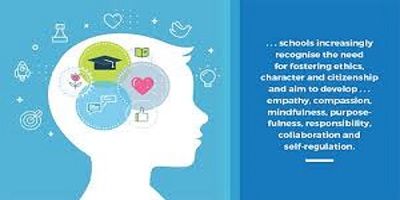Purpose of Education
The purpose of education is a complex and multifaceted concept. That has been a subject of debate and discussion for centuries. Different societies and individuals may have varying perspectives on the purpose of education, but some common goals and purposes include:
- Personal Development: Education helps individuals acquire knowledge, skills, and competencies that enable personal growth and self-improvement. It can enhance critical thinking, problem-solving abilities, creativity, and communication skills.
- Socialization: Education plays a crucial role in socializing individuals into a particular culture, community, and society. It helps individuals learn the norms, values, and customs of their society, fostering social cohesion.
- Preparation for Work: One of the practical purposes of education is to prepare individuals for the workforce. This includes providing them with the skills and knowledge necessary for their chosen careers. Which can contribute to economic productivity and individual self-sufficiency.
- Civic Engagement: Education can promote civic participation and responsible citizenship by teaching individuals about their rights. And responsibilities as members of a democratic society. Informed citizens are better equipped to engage in the political process and make informed decisions.
- Personal Fulfillment: Education can provide individuals with a sense of purpose. fulfillment by allowing them to pursue their interests, passions, and goals. Lifelong learning can lead to a more fulfilling and enriching life.
More Read…
- Global Awareness: In an increasingly interconnected world, education can help individuals develop a broader perspective. Understanding global issues, cultures, and perspectives fosters global citizenship.
- Problem-Solving and Innovation: Education equips individuals with the tools to analyze problems and develop innovative solutions. It is a key driver of progress and societal advancement.
- Reducing Inequality: Education can serve as a means to reduce socio-economic. And educational inequalities by providing equal opportunities for all individuals. Regardless of their background or circumstances,.
- Preservation of Knowledge and Culture: Education helps preserve the collective knowledge, history, and cultural heritage of a society. It ensures that valuable information and traditions are passed down to future generations.
- Adaptation to Change: Education helps individuals adapt to a rapidly changing world by teaching them how to learn, unlearn, and relearn. It equips them with the skills to navigate new challenges and opportunities.
It’s important to note that the specific goals and purposes of education can vary widely depending on cultural, societal, and individual factors. Different educational systems and philosophies may emphasize some of these purposes more than others. Additionally, the goals of education may evolve to meet the changing needs of society.
